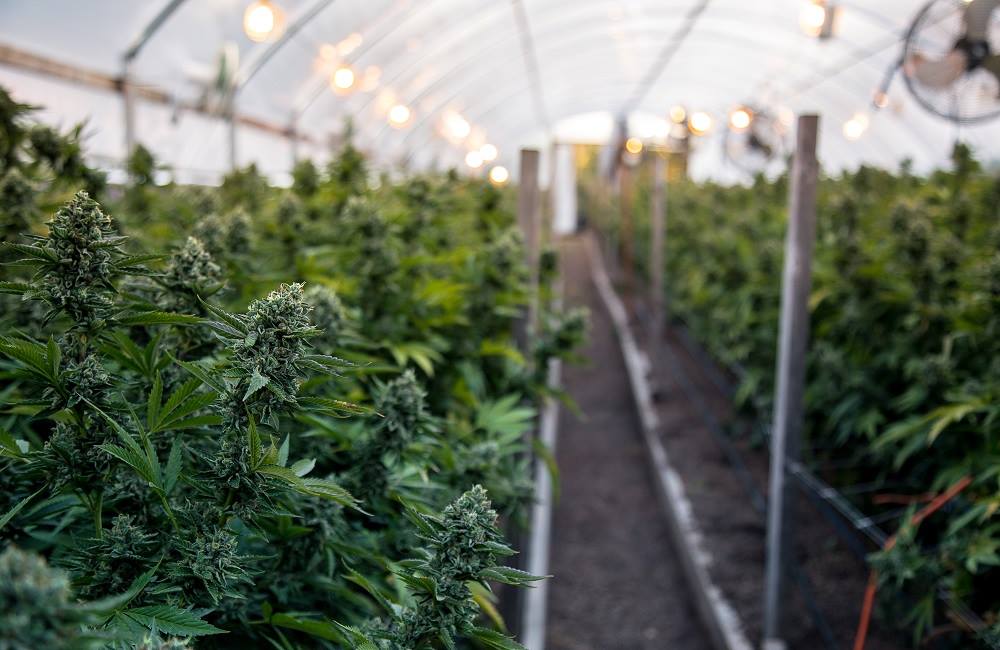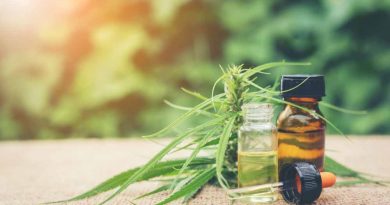Weed Has Pesticides On It?
For those who use marijuana – especially the cannabis curious wanting to try it for the first time – a common concern revolves around what is actually in or used on marijuana plants. Specifically, which kind of weed has pesticides on it?
Pesticides are an ingredient everyone is, obviously, hoping to avoid.
But weed has pesticides? In some cases, it might. But the odds should be less likely in a well-regulated state market than it was with black-market marijuana.
Why Weed Has Pesticides
A good example comes from three states that were among the first to establish legal marijuana. Colorado, Oregon and Washington all discovered, once a regulated program was in place that included inspections of cannabis products, that “an alarming percentage” of weed has pesticides, according to High Times.
But rather than reaching consumers, that discovery led to recalls and public-safety alerts. Much of residue came from chemicals associated with pest control. In one case, a recall in Colorado resulted in 20,000 products being removed from dispensary shelves.
Early in Oregon’s regulated program, the state’s Health Authority, Liquor Control Commission and Department of Agriculture wrote a letter to growers warning them that using pesticides not allowed by the state could result in violation of state law. They also warned that the Department of Agriculture would investigate companies with products that failed pesticide screenings.
In short, government agencies have made an effort to cut down on the amount of pesticides used on marijuana plants. But while it’s an improvement, it hasn’t always been a perfect system.
Changing Times
Of course, all of this is a far cry from the black-market days, when people bought whatever marijuana was available without any public agency keeping an eye on health-related issues.
For decades, people likely inhaled pesticides without knowing it.
Now, more study is being called for to determine safety levels for pesticides. It’s not clear how harmful small amounts of pesticides might be on marijuana. Each state is on its own in this area. Federal agencies such as the Environmental Protection Agency don’t offer help because marijuana remains illegal at the federal level.
However, there are still concerns that some weed has pesticides. That means it’s important for people to take the issue into their own hands.
Demand to know if the cannabis you are considering has been tested for pesticides. It’s also important to be willing to pay slightly more for organically grown, pesticide-free cannabis.
As noted by Leafly, “If customers demand higher-quality, pesticide-free flower, concentrates, and edibles, producers and retailers will react accordingly. Your money talks.”
Consumers should also ask which lab company did the testing and what was tested for, as this can vary from product to product.




